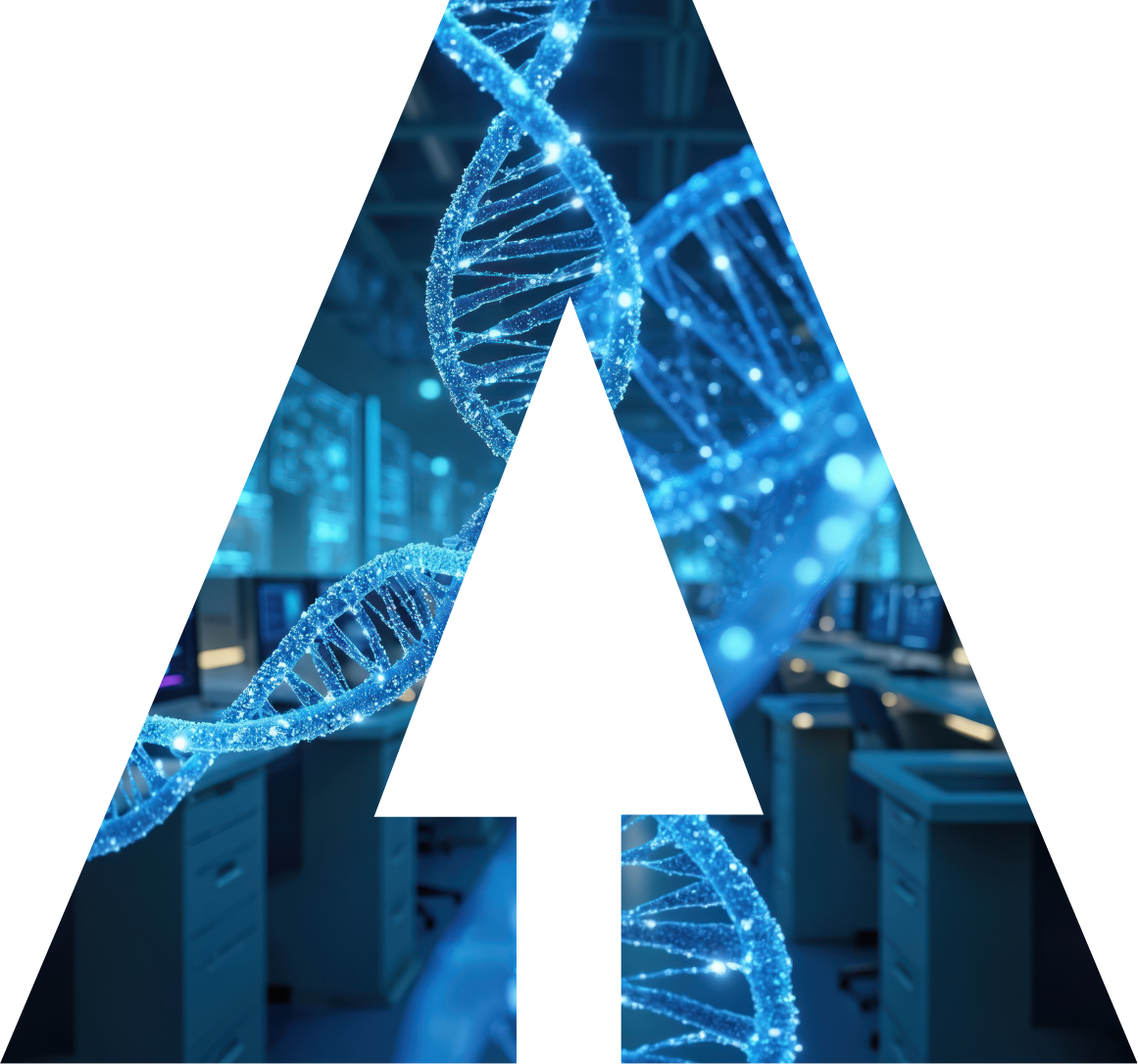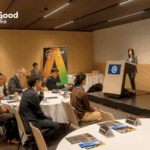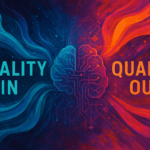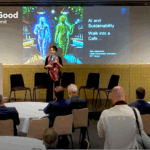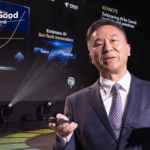Emerging technologies such as artificial intelligence (AI) and the Internet of Things (IoT) are rapidly changing the information and communication technology (ICT) industry. And as these disruptive technologies impact more aspects of our everyday lives, ICT regulators are finding themselves on the frontlines of innovation.
What is a regulator to do in changing times?
To keep pace with emerging technologies, regulators must be technologically savvy, says Stephen Bereaux, CEO of the Utilities Regulation and Competition Authority of the Bahamas (URCA).
“We have to adopt AI ourselves. Within the government and regulatory frameworks, we have to have our own intelligences.” – Stephen Bereaux, CEO of the Utilities Regulation and Competition Authority of the Bahamas
Embracing emerging technologies is pragmatic in Bereaux’s view.
Speaking at the 18th Global Symposium for Regulators (GSR-18), Bereaux argued, “We have to adopt AI ourselves. Within the government and regulatory frameworks, we have to have our own intelligences.”
The private sector is adopting new technologies to benefit the world and create previously unimaginable realities, Bereaux asserts. Given these circumstances, he believes preparation on the part of regulators is key.
“Computers aren’t quite taking over, but certainly they’ve made it much more necessary for us to be quick, for us to be faster, for us to detect threats, for us to respond.” – Bereaux
Regulators also need to be quick, Bereaux says, because emerging technologies are reshaping the regulator’s role. He says, “Computers aren’t quite taking over, but certainly they’ve made it much more necessary for us to be quick, for us to be faster, for us to detect threats, for us to respond.”
Like many of the GSR-18 panelists, Bereaux sees threats – and opportunities – for ICTs in this era of emerging technologies. In light of this duality, and its accompanying uncertainty, the URCA CEO anticipates shifts in how regulators across sectors operate.
“Who are the regulators?” – Bereaux
As Bereaux points out, “It’s the Internet of Things. Each of those things can be differently regulated as well.” As ICTs drive changes in a range of sectors including finance, health and mobility, the lines between sectors are increasingly blurry.
RELATED: Emerging technologies will require innovative regulation: Brahima Sanou
Given these circumstances, Bereaux asks, “Who are the regulators?”
Complexity breeds possibility. He champions cross-sectoral collaboration and cooperation across borders to regulate emerging technologies. He envisions an “international melting pot of people and ideas.”
RELATED: ITU’s key role in helping shape emerging technologies
The International Telecommunication Union’s convening authority unites government, policymakers and experts on neutral ground. In Bereaux’s words, GSR is a “fantastic meeting place for all of those different people that we need to know as regulators.”
From Bereaux’s standpoint, technology’s key lesson is: “We operate as a world. Not as countries.”
WATCH THE VIDEO:







